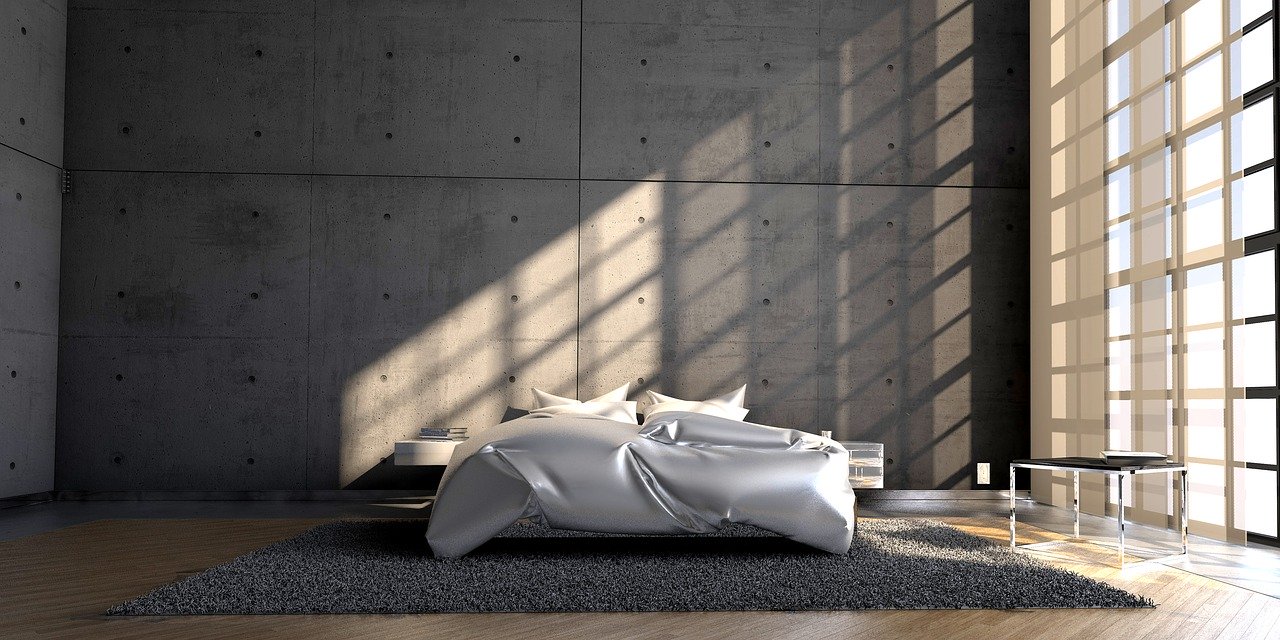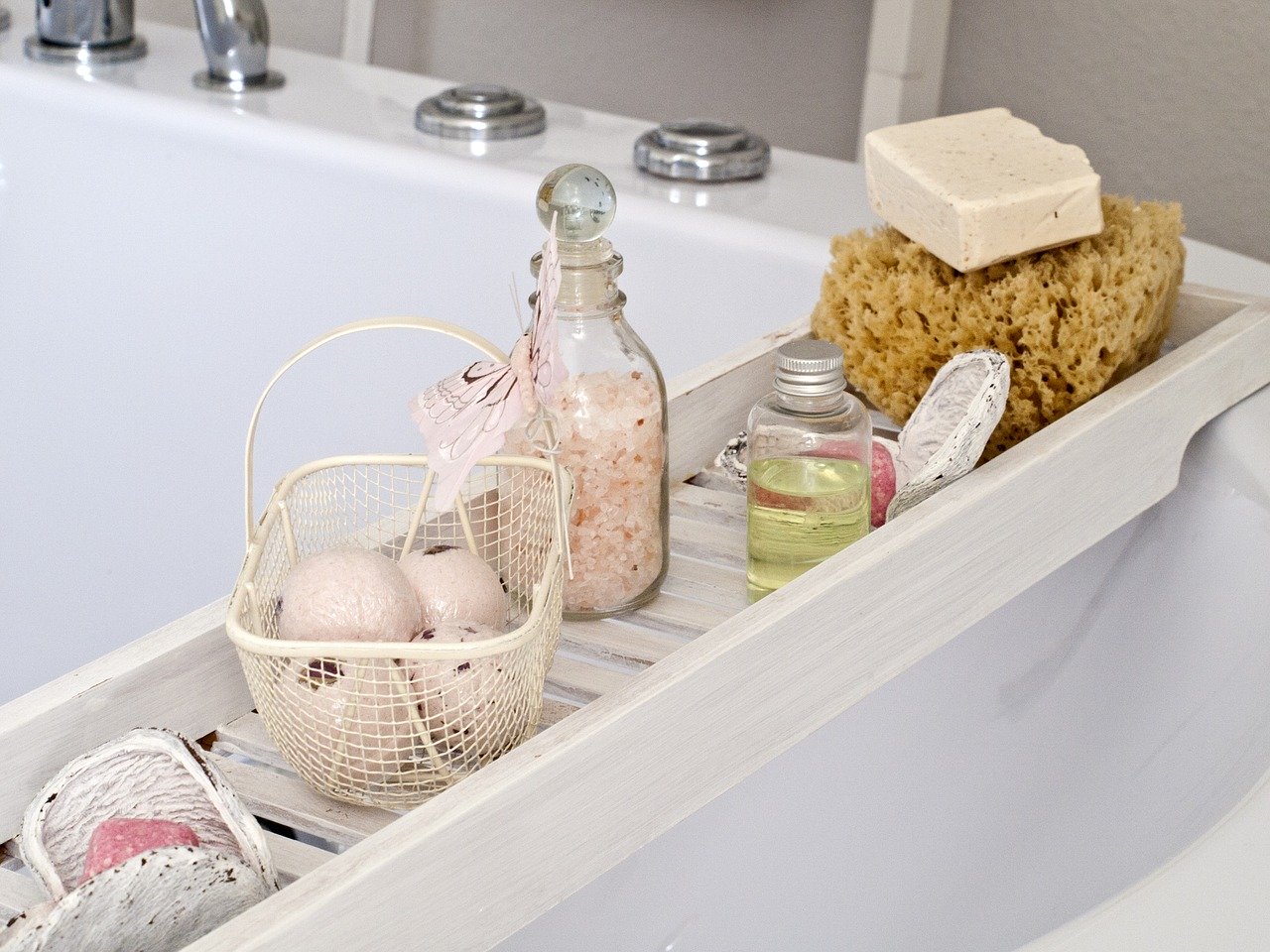We all know that a poor night’s sleep can leave us feeling less than our best.
However, a regular lack of sleep can also have wider implications on our physical and mental health.
To mark World Sleep Day on 13 March, Natalie Armstrong, sleep expert at Sealy UK, has compiled a list of seven sleep tips that will help you reap the benefits of a great night’s sleep.
Remove technology from your bedroom
According to a survey by Sealy, 47% of us use our electronic devices when in bed, but this common habit can really impact our quality of sleep.
As well as the disruptive notifications throughout the night from texts and emails, the blue light emitted by the screens of phones, tablets and TVs impacts our levels of melatonin, the sleep-inducing hormone.
By removing technology from your bedroom and allowing yourself a tech-free zone for 30 minutes before bed, you’ll prevent technology having a negative impact on your sleep and ensure a better night’s rest.
Declutter your bedroom
If you’re already struggling to drop off to sleep at night, a cluttered bedroom is going to do you no favours. The environment in which you sleep plays a huge part in the quality of your sleep.
In fact, studies have shown that those who have a messy and cluttered bedroom have a worse night’s sleep due to increased stress levels – compared to those that keep their room nice and tidy.
Make sure to have a clear out and tidy to create the perfect sleep oasis that will leave you feeling calm and relaxed rather than stressed out.
Avoid that night-cap
In Sealy’s survey, one quarter of respondents admitted to having alcohol within three hours of going to bed. While a nice glass of wine might be an enjoyable way to de-stress at the end of a long and hectic day, alcohol can have a negative impact on our rapid eye movement (REM) sleep, which is often considered the most restorative stage of sleep.
While you may fall asleep faster after a couple of drinks, you’ll spend less time in your REM phase of sleep – meaning you’re more likely to wake up feeling unrested and drowsy.
Take a bath
Not just relaxing, having a bath before bed can actually help to promote sleep and induce tiredness. This is because your temperature naturally dips at night as your body prepares for rest, beginning about two hours before sleep.
When you soak in a hot bath, your temperature rises by a degree or two, and the rapid cool-down immediately after the bath imitates this natural decrease of your body temperature, which can help to induce tiredness.
Listen to white noise
While some people can sleep anywhere, anytime, no matter what is happening in the background, others are constantly woken throughout the night from the slightest sound or may struggle to drift off in the first place due to conditions such as tinnitus.
This is where white noise comes in. In simple terms, white noise is a noise that sounds similar to the static from a TV or radio, and has many frequencies including low-frequency, mid-range and high-frequency, with equal intensities.
By investing in a white noise machine or downloading a white noise app, you create a constant background noise which helps to mask any other sounds that you may hear during the night, helping to ensure an undisturbed night’s rest.
Keep a sleep journal
A sleep diary is a great way to help you identify what factors in your life are helping and hindering your sleep. Make a note of everything – from the time you go to sleep and what’s waking you up during the night, to the food you’ve eaten, your amount of screen time, and your day’s activity.
After keeping a record of your sleep for a month you’ll be able to see any trends, and might spot things that happen during the day that are impacting your sleep at night.
Stick to a routine
Creating a regular sleep routine can help you get better quality sleep. While you may be tempted to treat yourself to a weekend lie-in, this can actually have a detrimental impact on your body clock.
The later wake-up time, and in turn later bed-time the following evening, can mean you experience ‘social jet lag’, where there is a discrepancy between your body’s circadian rhythm and the social clock.
Forcing our bodies to shift between two time zones, one dictated by work and social obligations during the week, and the other by our internal body clock at the weekend, means we actually experience the same impact as it would from jet lag from a holiday.









